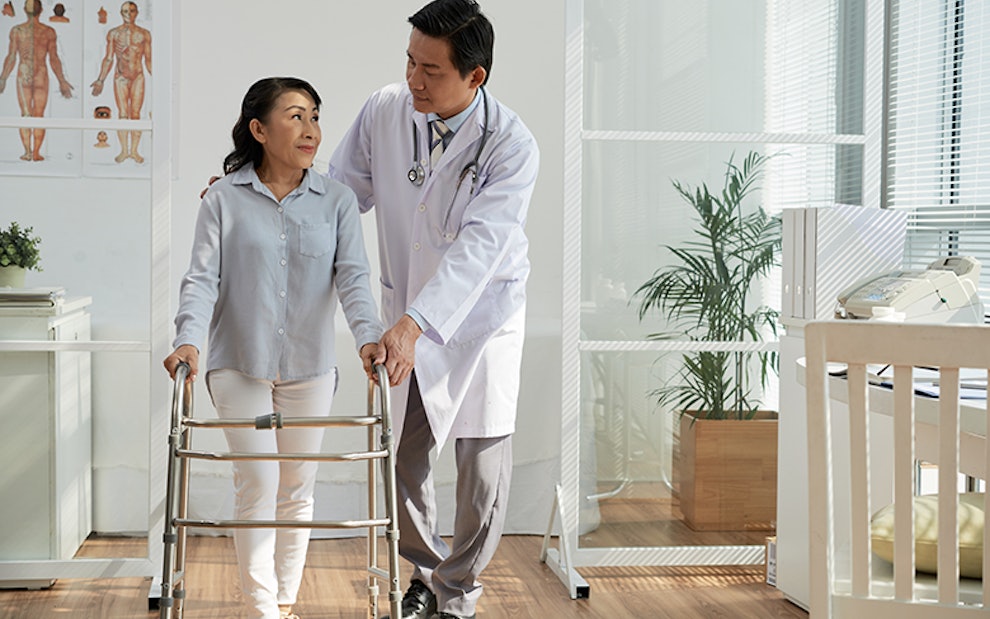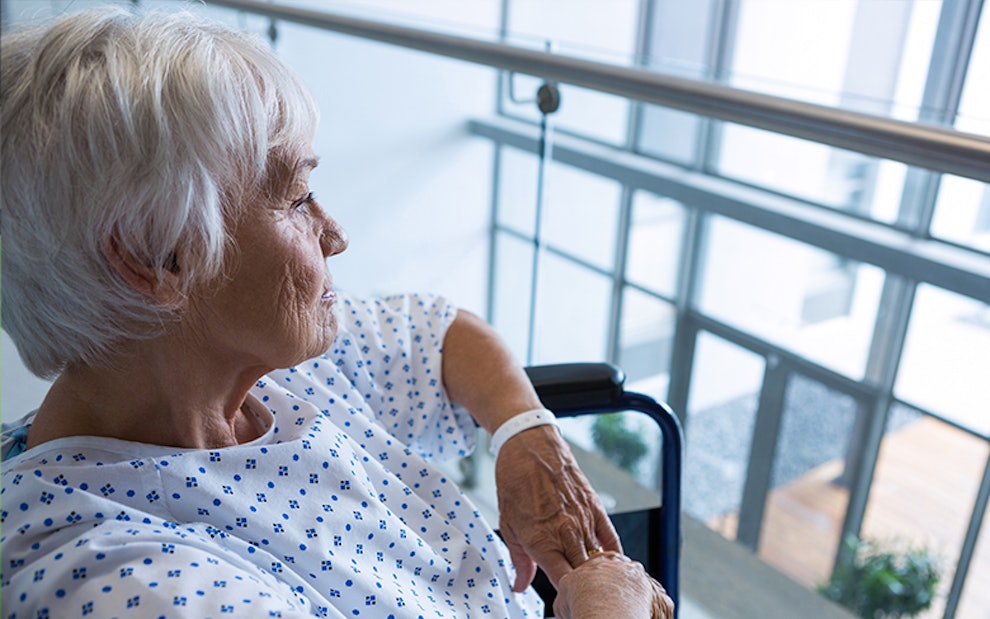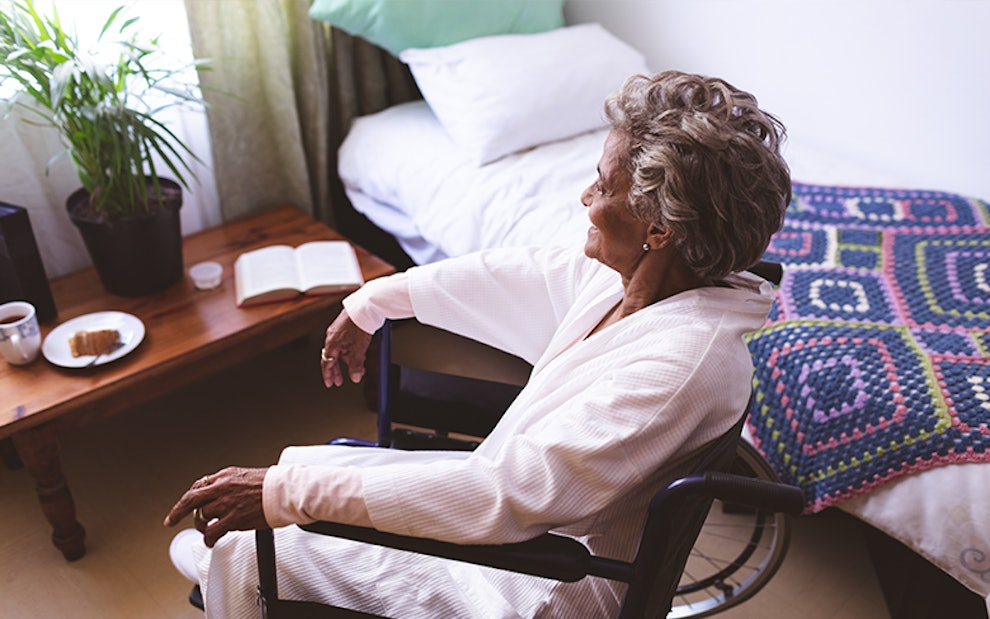Article at a glance
Plan on how you’ll get home and who will take you after being released from a hospital.
Discuss post-hospital care with your doctor, specifically medications and equipment you’ll need and follow-up appointment dates.
Know which steps are required for hospital release.
Make sure communication on after-hospital care is clear.
Prepare your home for a safe and comfortable recovery.
Plan long-term care after hospitalization.

Being released from a hospital is only stage one on the path to recovery. Even more fundamental are the stages that follow: the post-hospital period. Taking the right measures and planning ahead may mean the difference between full recuperation and having to return to the hospital. In fact, one in five older patients end up back in the hospital within 30 days of being sent home. Having a post-hospital plan can lower your chances of having to be readmitted to the hospital and help speed up your recovery. Planning for post-hospitalization can help ensure that you have the proper equipment and medication to improve your health, and that you have long-term at-home care to help you in your healing process.

Plan how you’ll get home from the hospital
Your first order of planning will be your decision about how you’ll get back from the hospital. Are you well enough to leave the hospital on your own? For more serious circumstances and procedures, you’ll want to figure out who will pick you up. A friend? A family member? A caregiver? In some cases, the hospital may be able to organize a taxi (or Uber or Lyft) to pick you up. You should also think about how you’ll get around after you’ve returned home. Plan ahead. Think about and arrange for rides and personal help so you can get to follow-up doctor’s appointments and other activities outside the home.
Discuss post-hospital care with your doctor
If you’re not sure where to begin on post-hospital preparation for you or your loved one, start by asking your doctor. Your doctor will let you know which medications you’ll need and what dosage, as well as when you’ll need a follow-up appointment at the doctor’s office.
Prescriptions for medication(s) often require a trip to the pharmacy, but if know you’ll be unable to get to one, you should ask the hospital to fill your medications
on-site before your release. Hospital pharmacies charge more than a normal pharmacy, so you may also want to check with your local drugstore to see if they fill prescriptions and deliver medications. If they don’t deliver, call or check with other pharmacies in your area that might deliver. Errors involving medications are frequent, so you should thoroughly review all your medications before leaving the hospital. You should also ask your doctor any questions about dosage and side effects before you go home.
Your doctor will also be able to let you know about follow-up appointments, including tests. Ask when you need an appointment at the doctor’s office. If you need an x‑ray or lab test, ask who you need to call and where you should go. Be sure to take notes and add these follow-up doctor visits and tests to your calendar.
If your ability to stand or move is going to change, be sure to ask your doctor which medical equipment you’ll need after you leave the hospital. A shower chair? A walker? Make sure you (or the person who is caring for you) can order or get the right equipment before you leave the hospital. Sometimes the hospital will supply special equipment that must be returned to them, so make sure your health insurance knows and will approve the “rental fee.”

Be aware of the steps required for hospital release
Know what to expect before and after your hospital release to ensure everything runs smoothly and there are no mix-ups. Generally, release from the hospital will involve:
Patient evaluation by a health professional
Discussion with the patient or caregiver
Planning for transfer to home or care facility
Deciding whether caregiver training is needed
Referrals to support organizations or home care agencies
Scheduling follow-up appointments and tests
Before you leave the hospital, make sure to have a telephone number for care information that you can access 24 hours a day, 7 days a week.
Make sure communication is clear
Clear communication is key. Before you or your loved one is released from the hospital, make sure care instructions are crystal clear. You can have all the right medications and all the right equipment, but if you’re not sure about the proper medication dosage or how to use your equipment, you could find yourself in an unsafe situation. You should also find out whether you will have specific dietary requirements after leaving the hospital. If someone will be caring for you, be sure they also have this information. Don’t be afraid to ask questions when speaking with your doctor — the more you know, the better.

Prepare your home for recovery
Planning to recover at home? Make sure your home environment is safe and well-stocked with food and beverages. You should also plan ahead for things like household chores. When planning for post-hospital care, consider the challenges inside your home — Do you need to get a bench for your shower? How about getting up and down the stairs? Are the rugs secured to the floor?
Consider, too, which household chores, such as cooking, cleaning and doing laundry, will need to be done and whether you can do them on your own or if you’ll need a caregiver to ease the burden.
Also, plan ahead on your food and beverage supply. Will you have enough food for the first couple of weeks of recovery? Is there a friend or family member who can get you what you need? Will you need someone to cook for you or bring you cooked food?
If you’re looking after a family member at home, some of your responsibilities might include helping with bathing, eating and dressing. If you are the helper, you may also need to plan to cook, clean, do laundry and go shopping.
Manage post-hospital care for the long term
Post-hospital care may require professional help, especially in the long term. A professional care manager can help you plan doctors’ appointments and choose the right healthcare and insurance.
You may also want to hire at-home help, which could require a fair amount of planning. You’ll usually have the choice to either hire an individual directly or through a home care agency. Your decision may be impacted by whether you or your loved one has been “prescribed” at-home care, in which case it may be paid for by Medicare or Medicaid or other insurance.
Trips to the hospital can be physically and mentally draining, not only during the stay but also during the period of recovery, which requires careful planning. Studies have shown the benefits of effective post-hospital planning and care. Unfortunately, not everyone has equal access to long-term care, and it’s not uncommon for a patient to end up back in the hospital from lack of planning or lack or resources. Luckily, by planning ahead you can significantly reduce this risk.
Become a patient
Experience the Oak Street Health difference, and see what it’s like to be treated by a care team who are experts at caring for older adults.




